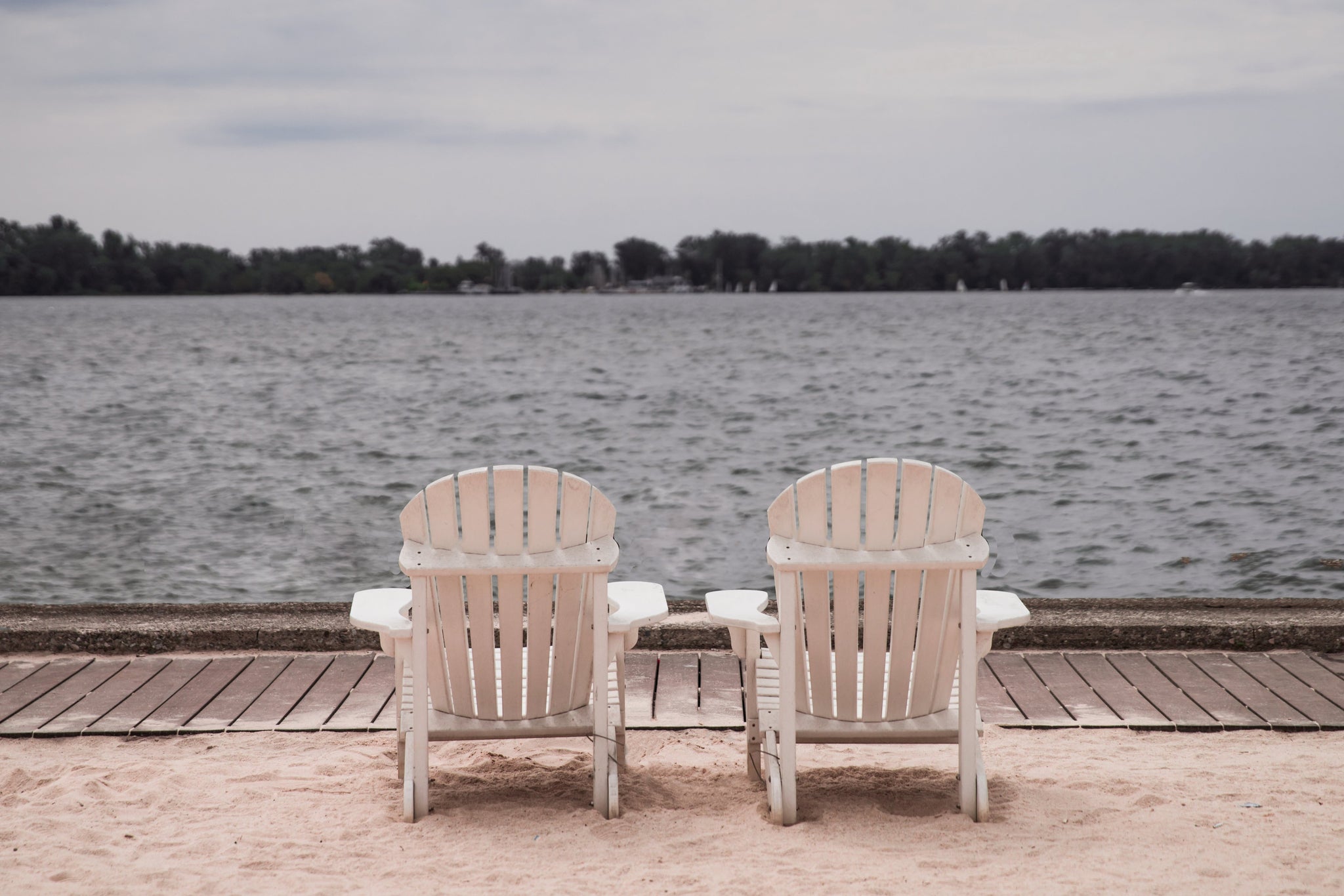Clear Lake Coffee Roasters: Explorer & History Series - From Bean to Brew: The Rich History of 'Fika' and Coffee - September 8, 2023
 From Bean to Brew: The Rich History of ‘Fika’ and Coffee
From Bean to Brew: The Rich History of ‘Fika’ and Coffee
By: Zac Stachon
Introduction
In the world of coffee culture, there's a delightful Swedish tradition that stands out for its simplicity and charm – Fika. This cherished ritual of taking a break with a cup of coffee and a sweet treat has deep historical roots that trace back centuries, it's an integral part of Swedish snack culture. Join us on a journey through time as we explore the history of Fika and coffee, uncovering the origins and cultural significance of this beloved Scandinavian tradition. 'Fika,' It's one of those words, without a direct english translation, but it equates to a 15 minute break (sometimes less, often writen into Swedish employment contracts as six minute breaks every hour of work) with a coffee and snack.

The Birth of Coffee
To understand the history of Fika, we must first delve into the origins of coffee itself. Coffee as we know it today can be traced back to the 9th century in the Ethiopian region of East Africa. Legend has it that a young goatherd named Kaldi discovered the energizing effects of coffee when his goats became unusually lively after munching on coffee cherries. This serendipitous discovery eventually led to the cultivation and consumption of coffee by the local population.
The Spread of Coffee Across Continents
From Ethiopia, coffee spread to the Arab world, where it became an integral part of their culture. By the 15th century, coffee had found its way to Persia, Egypt, and the Ottoman Empire. It was in the coffeehouses of Istanbul that coffee culture truly blossomed, with these establishments serving as centers for intellectual exchange and conversation.

The Coffeehouse Culture in Europe
Coffee made its way to Europe in the 16th century, with the first coffeehouse opening in Venice in 1645. These coffeehouses quickly became hubs of intellectual discussion and socialization. In England, coffeehouses were often called "penny universities" because for the price of a cup of coffee, one could engage in stimulating conversations with scholars, writers, and artists. These swedish coffee houses became the hubs of their day, to talk about new ideas, politics, the ‘high society,’ centers of influence, intelectuals and politicians would gather to talk about culture and, sometimes subversive anti-monarchical, regicide sentiments. At least that’s what King Gustave III and his spies most feared when he saw how popular this particular style of gathering place had become throughout the community. So, he did what any paranoid regent would do and he decided to ban coffee imports, altogether, several times, in fact, over the course of seven decades. It wasn’t just that he convinced himself that these places which served coffee and dissident beliefs, he also thought that the drink was bad for your health (wrongly, in fact quite the opposite is true) and too expensive to import all the way to Scandinavia. Just like any outright embargo or prohibition of a substance, in this case our favorite brown elixir, the entire society stopped drinking coffee with immediate effect…of course this is nonsensical and the inverse is true. Coffee, the then ‘illicit substance,’ only grew in popularity. It even spread to the lower classes. Thus, the inverted word for ‘kaffi’ --Fica— became a covert way for the Swedish to discuss drinking coffee. Eventually, after King Gustav’s death, ‘the old king is dead,’—‘long live the king…’ coffee became the most popular, staple beverage at any and all social gatherings, served alongside baked goods, as a matter of course.
Fika's Origins in Sweden
While coffeehouses thrived in other European countries, Sweden developed its unique coffee tradition – Fika. The term "Fika" is believed to have originated from the 19th-century slang word "kaffi," which meant coffee. In Swedish the word for coffee is ‘Kaffi’ Many see the similarities in Fika and Kaffi as a ‘pig-latin’ sounding version of the same word, that’s because it is. In the 18th century (1700-1799) Kaffi (coffee) was all the rage, people loved to sip their hot beverages and discus the politics of their day at cafe’s all around Stockholm and Malmo, in cities, rural villages up and down the countryside...
Fika encompasses more than just coffee; it's about taking a break from the daily grind to enjoy a cup of coffee or tea accompanied by pastries, biscuits, or even open-faced sandwiches.

Fika as a Cultural Institution
Fika is more than just a coffee break; it's deeply ingrained in Swedish culture. Swedes take their Fika breaks seriously, and it's a cherished time for socialization, relaxation, and recharging. Whether at home or in a café, Fika is a moment to connect with friends, family, or colleagues and indulge in the pleasures of good coffee and delectable treats.

Modern Fika
Today, Fika remains an essential part of Swedish life, and its influence has spread far beyond Scandinavia. Fika is so ingraned in Sweden culture that for many it’s hard to imagine a time without it, but, that is not the case it has not always been such a popular pastime. Coffeehouses around the world have embraced the concept of Fika, offering a variety of Scandinavian-inspired coffee and pastry options. In Sweden, Fika is baked into your day, whether you are at home, school or at work; it happens twice a day, usually around 10am and, again, around 3pm. It offers participants the opportunity to sip and chat with their friends, classmates, co-workers and or family In an increasingly fast-paced world, Fika serves as a reminder to pause and savor life's simple pleasures.

Conclusion
The history of Fika and coffee is a testament to the enduring appeal of this beloved tradition. From its humble origins in Ethiopia to the coffeehouses of Istanbul and the Fika breaks of Sweden, coffee has transcended borders and cultures, becoming a global symbol of connection and conviviality. So, the next time you take a break with a cup of coffee and a sweet treat, remember that you are participating in a centuries-old tradition that celebrates the joys of life's simple pleasures. Fika is not just a coffee break; it's a celebration of togetherness, relaxation, and the rich history of coffee itself. Fika has an ingrained societal value in Sweden, a way for people to take a break together over a coffee and a snack, it represents so much more. It’s a time of social cohesion, where friends and collegues can check in with one another and foster a sense of well being amonst a community, large or small, to encourage those around you to take a break, it’s so much more then a snack break, it’s part of the Swedish lifestyle, a way to be mindful and connect with others; it represents valuing your time and energy.

Six reasons for making Clear Lake Coffee Roasters - CLCR - your go-to coffee roaster:
☕️ We are a local family-run business located in the heart of Clear Lake, Iowa.
☕️ We go to great lengths to find only the finest and ethically sourced coffee around, from the top 2% of coffee beans in the world.
☕️ We only source 100% certified Arabica coffee beans, carefully hand-selecting each coffee based on specific quality and taste attributes.
☕️ Our roasting process has been refined over the years and each roast profile is individually designed to complement the nuances of the coffee we source, from Cup of Excellence (COE) award-winning producers.
☕️ By roasting in smaller batches, we can ensure our coffee is ALWAYS fresh, in fact, we roast your coffee only after you place an order - the same day your order ships out.
☕️ At CLCR, we are dedicated to a single mission: the unyielding pursuit of coffee perfection in every cup.
We would give you more reasons, but rather than reading it's better if you visit our website, purchase a bag or two, and experience a unique caffeinated or half-caff journey for yourself 😊!
Explore goodness. Click. Buy. Smile.

Clear Lake City Park Beach - Named one of USA Today's top 50 Beaches in the United States.

Leave a comment
Please note, comments must be approved before they are published